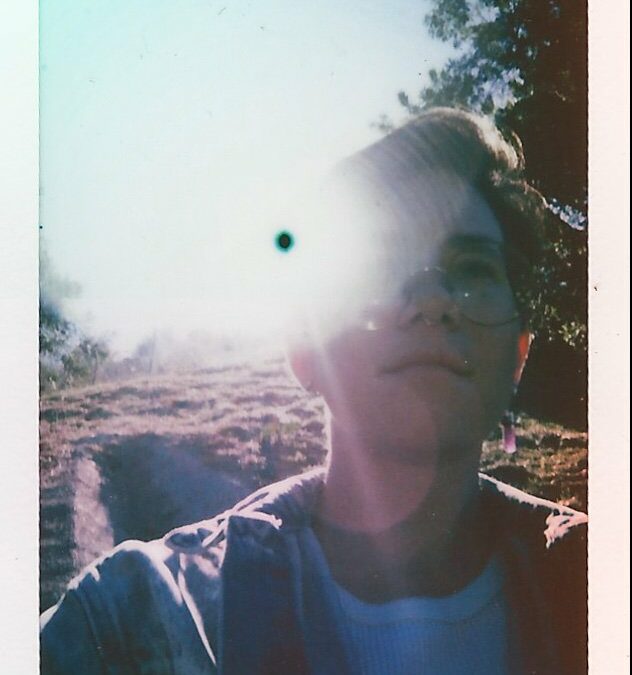
by Michele Kirichanskaya | Jun 5, 2024 | Blog
Molly Knox Ostertag is an Igntaz- and Prism-Award winning graphic novelist, 30 Under 30 Forbes scholar, and TV writer. She currently lives in Los Angeles with her spouse ND Stevenson. Her middle-grade graphic novel debut, The Witch Boy, came out in 2017 from...
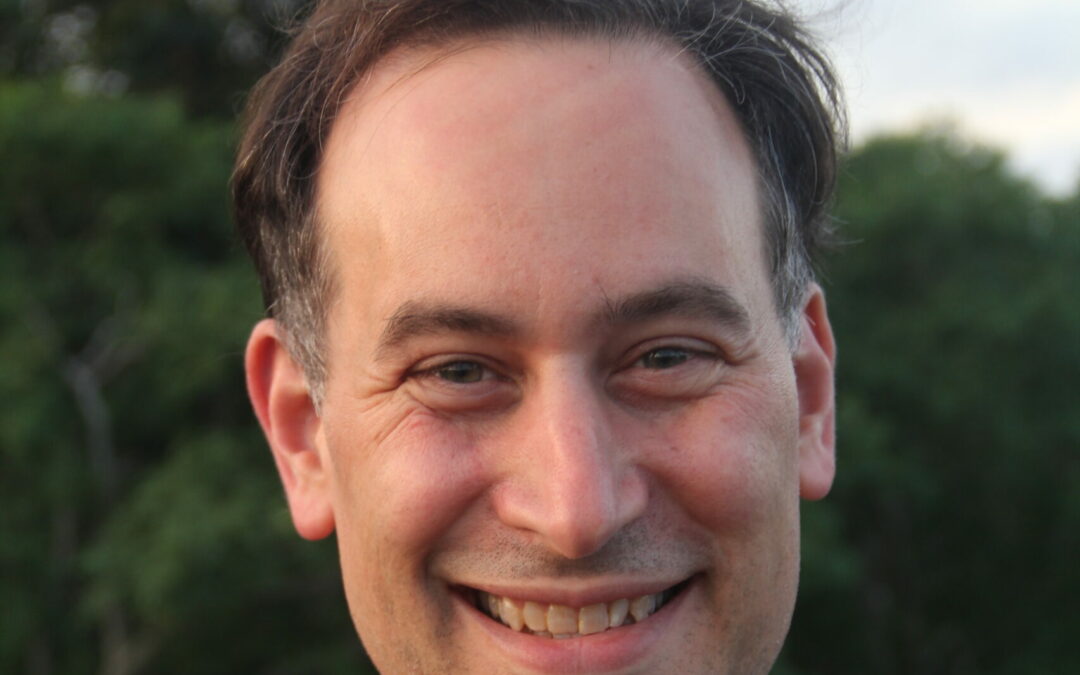
by Michele Kirichanskaya | May 31, 2024 | Blog
David Levithan is the author of several books for young adults, including Lambda Literary Award winner Two Boys Kissing; Every Day; Nick & Norah’s Infinite Playlist and Dash & Lily’s Book of Dares (co-authored with Rachel Cohn); Will Grayson, Will...
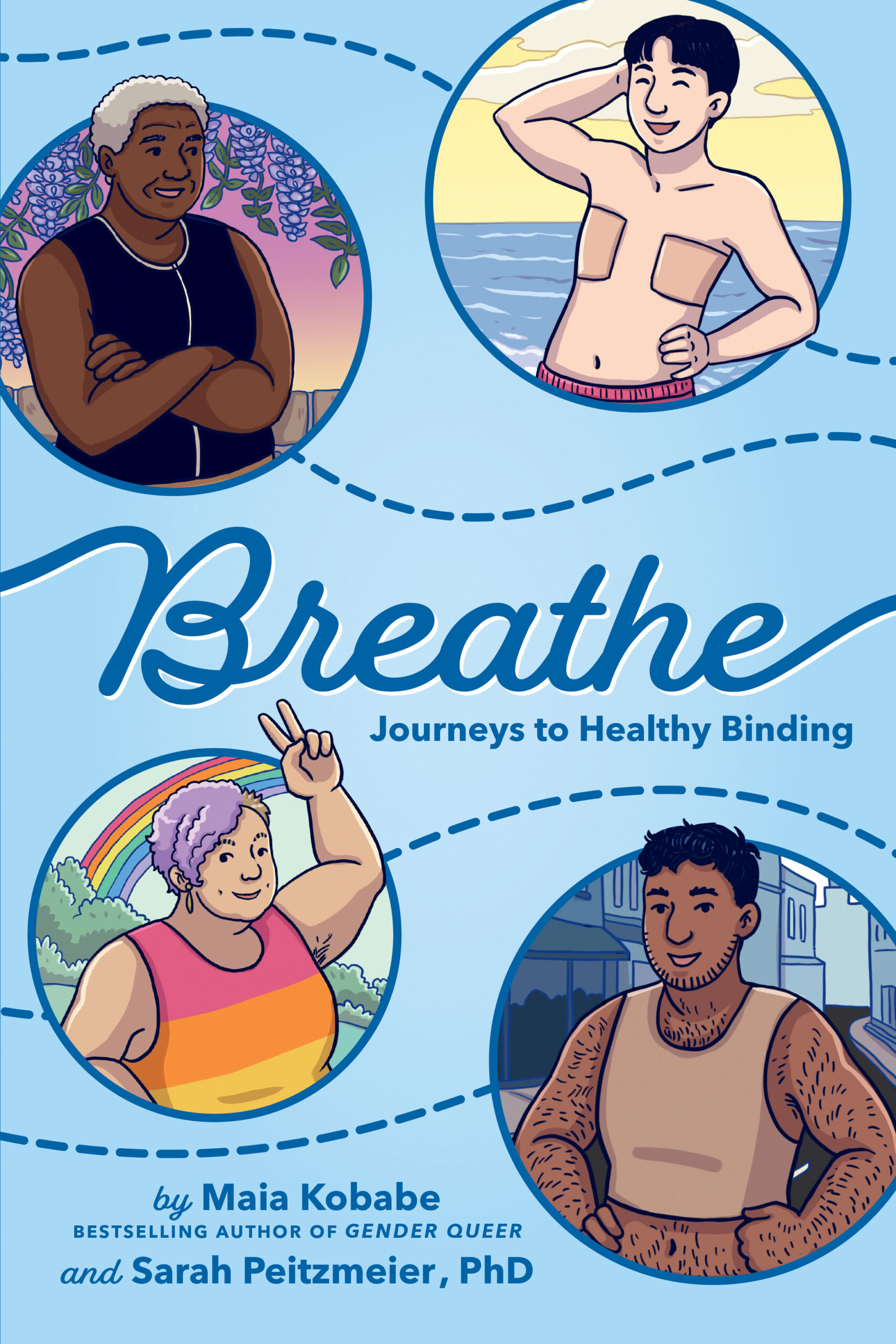
by Michele Kirichanskaya | May 29, 2024 | Blog
Maia Kobabe (e/eir/em) is author of the award-winning and bestselling memoir Gender Queer, the most banned book in America for the last two years. E and eir work has been featured in Time, NPR, the Washington Post, the Los Angeles Times, and many other outlets. Kobabe...
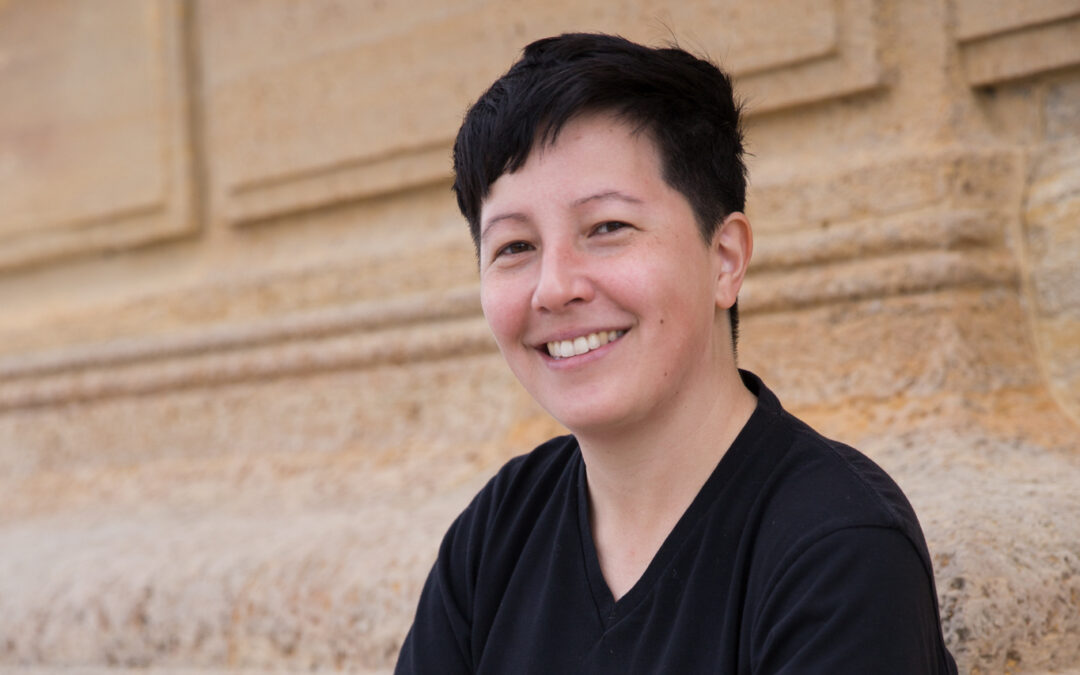
by Michele Kirichanskaya | May 25, 2024 | Blog
Andrea Tsurumi (they/them) is a Philadelphia-based children’s book author, illustrator andcartoonist. Their books include Accident!, Crab Cake, I’m On It!, and they’ve illustrated Mr.Watson’s Chickens, Sharko & Hippo, and the Kondo & Kezumi series, among other...
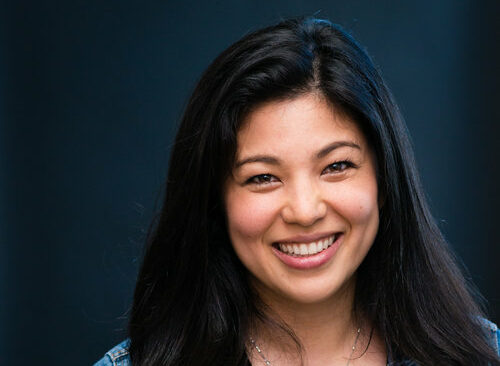
by Michele Kirichanskaya | May 22, 2024 | Blog
Maggie Tokuda-Hall has an MFA in creative writing from the University of San Francisco and a strong cake-decorating game. She is the author of the young adult novel The Mermaid, the Witch, and the Sea, an indie bestseller and recipient of the Northern California Book...
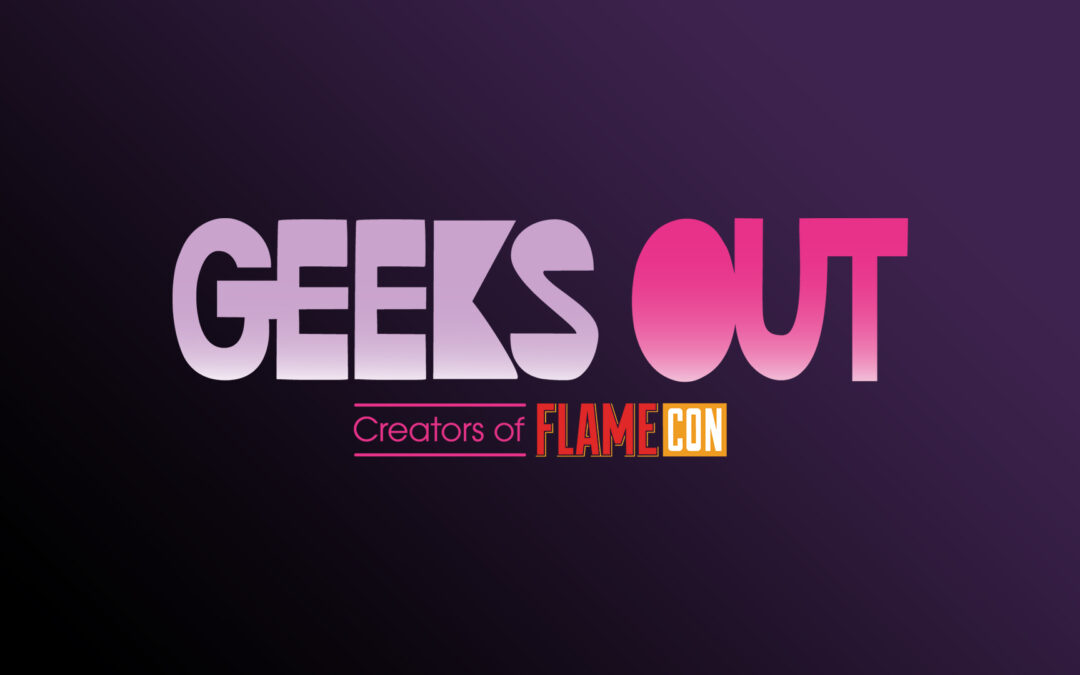
by MJ Martinez | May 21, 2024 | Blog
Discover the Geeks OUTS origin story and learn about the beginnings of the world’s largest and longest-running LGBTQ+ comics and pop culture convention, Flame Con! Watch (or listen!) to our conversation between our Co-Founders Joey Stern and Josh Siegel,...







